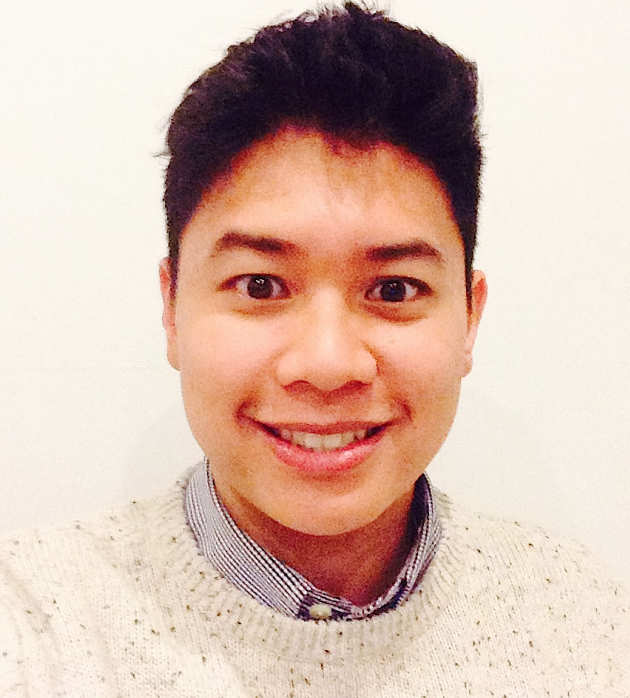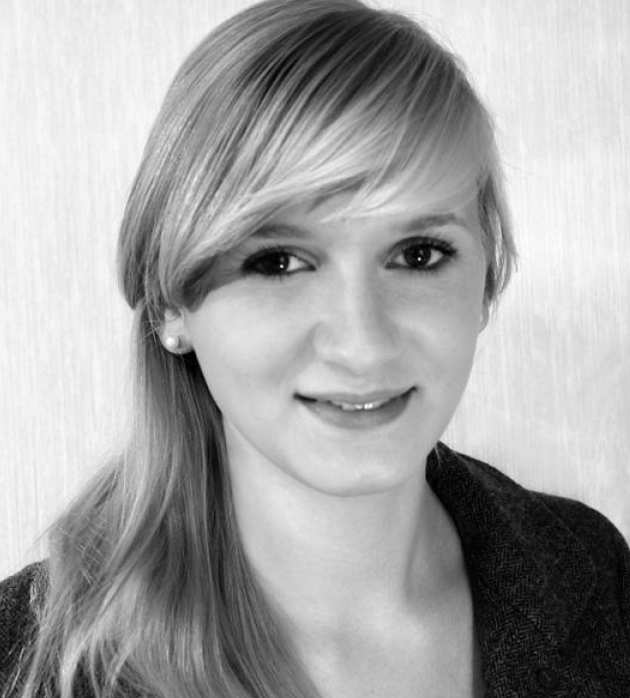The Brain Science and Engineering Fellowships was a pilot scheme run in 2013 in advance of the launch of the Centre for Doctoral Training in Neurotechnology. The fellowships were highly competitive, with the successful applicants being selected following a shortlisting and panel interview process. The successful applicants joined Imperial in October 2013 to begin an individually crafted programme of study. They will be closely involved with the new Centre for Doctoral Training.
Paolo Angeles
 In conjunction with my supervisors, Dr. Ravi Vaidyanathan (Mechanical Engineering), Prof Etienne Burdet (Bioengineering), Dr. Dipankar Nandi (Neurosurgery and Medicine), and Dr. Nicola Pavese (Consultant Neurology), I am exploring how exact parameters of deep brain neural stimulation can ameliorate symptoms of tremor, muscle rigidity, speech impairment, and loss of balance.
In conjunction with my supervisors, Dr. Ravi Vaidyanathan (Mechanical Engineering), Prof Etienne Burdet (Bioengineering), Dr. Dipankar Nandi (Neurosurgery and Medicine), and Dr. Nicola Pavese (Consultant Neurology), I am exploring how exact parameters of deep brain neural stimulation can ameliorate symptoms of tremor, muscle rigidity, speech impairment, and loss of balance.
My role lies in the development of instrumentation and algorithms that will optimise the inputs for stimulation based on their measured effect on patient symptoms, with the goal of improving long term care and efficiency in both the operating theatre and during therapy sessions.
Ideally this will lead to better patient quality of life through improved coordination, and reduced trauma from issues such as falls associated with loss of balance.
Paolo is beginning his study with the MRes in Medical Device Design and Entrepreneurship, and then proceeding to the PhD.
Romy Lorenz
 Impairments in sustained attention are among the most common long-term cognitive deficits seen in traumatic brain injured (TBI) patients. For my PhD I investigate the feasibility of an fMRI-informed EEG-based neurofeedback system for TBI patients.
Impairments in sustained attention are among the most common long-term cognitive deficits seen in traumatic brain injured (TBI) patients. For my PhD I investigate the feasibility of an fMRI-informed EEG-based neurofeedback system for TBI patients.
I will target functional networks that were found to be associated with impairments in sustained attention, such as the default mode network or the salience network, to complement conventional therapy.
By using real-time fMRI neurofeedback and employing machine learning techniques, patients will learn to regulate their attention-related network activity. Simultaneous recorded EEG will be analyzed in order to determine corresponding biomarkers of the voluntary network control.
Based on these findings, an fMRI-informed EEG-based neurofeedback system will be developed and validated with TBI patients by pursuing a user-centred approach.
Romy is studying for the PhD degree.